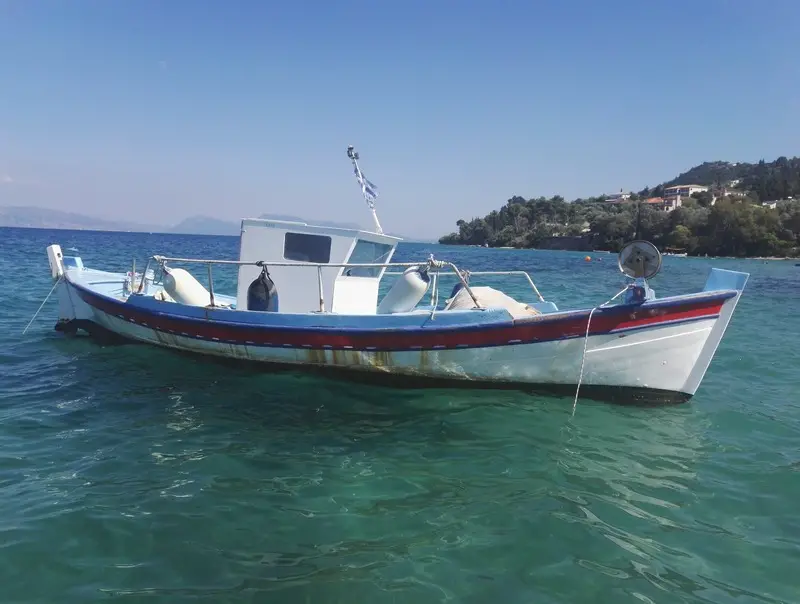A tragic discovery was made on Wednesday, January 29, when the bodies of 19 people were found on a partially submerged boat near St. Kitts and Nevis, an eastern Caribbean nation. The boat was located by the St. Kitts and Nevis Coast Guard at about 11:30 a.m. near Nevis, the southeastern island.
Police Commissioner James Sutton spoke to The Associated Press, stating, “It was a fishing vessel, which is not typically found in the Caribbean. We are not certain, but we believe that this vessel originated off the West African coast.”
Due to the advanced state of decomposition, determining the exact number of people on the vessel and their identities has proven challenging. The boat was towed to St. Kitts, where police and medical officials started their investigations.
This is an unprecedented event in recent history for the twin-island nation, situated about 1,200 miles southeast of Miami, Florida. However, this incident follows a pattern of similar occurrences in Caribbean waters, involving vessels believed to originate from West Africa.
The investigation into the origin of the vessel and the events leading to this grim discovery is being spearheaded by the St. Kitts and Nevis Coast Guard. Medical officials are also involved, attempting to gather more information about the deceased despite the significant challenges posed by the state of decomposition.
Back in August 2024, a boat carrying the remains of 14 people, suspected to be from Senegal and Mauritania, was discovered by authorities in the Dominican Republic. The boat contained 29 cell phones and a backpack with 12 packages of substances believed to be illegal.
During the investigation, several of the 14 victims were identified as being from Mali, West Africa. Authorities noted that the strong westerly currents and winds of the Atlantic Ocean can significantly push vessels off their intended course.
In January, a similar incident occurred when a pirogue with the remains of five unidentified individuals was found by authorities in Trinidad. The vessel sank while being towed to Trinidad.
In May 2021, a comparable vessel was discovered off the coast of Tobago, having drifted from West Africa with a cargo of migrants. The St. Vincent Times reported that often the bodies are too decomposed to determine gender, complicating identification attempts.
These maritime incidents are not limited to the Caribbean region. In June 2024, a catastrophic boat incident off the Djibouti coast resulted in 196 fatalities along the Eastern Route sea crossing. More recently, a minimum of 45 people died and 111 were reported missing after two boats carrying migrants sank off the Djibouti coast.
The International Organization for Migration’s Missing Migrants Project has documented that sea routes from the Horn of Africa to Yemen have claimed at least 1,860 lives since 2014. Despite the well-documented risks, over 97,200 migrant arrivals were observed in 2023 alone.
Birane Mbaye, a survivor from Senegal, recounted the dangers of such sea crossings. In 2023, he was among 101 people who attempted to reach the Canary Islands. Their boat ran out of fuel and drifted for weeks, resulting in many deaths from thirst and starvation. After 35 days at sea, a Spanish fishing vessel rescued only 38 survivors.











